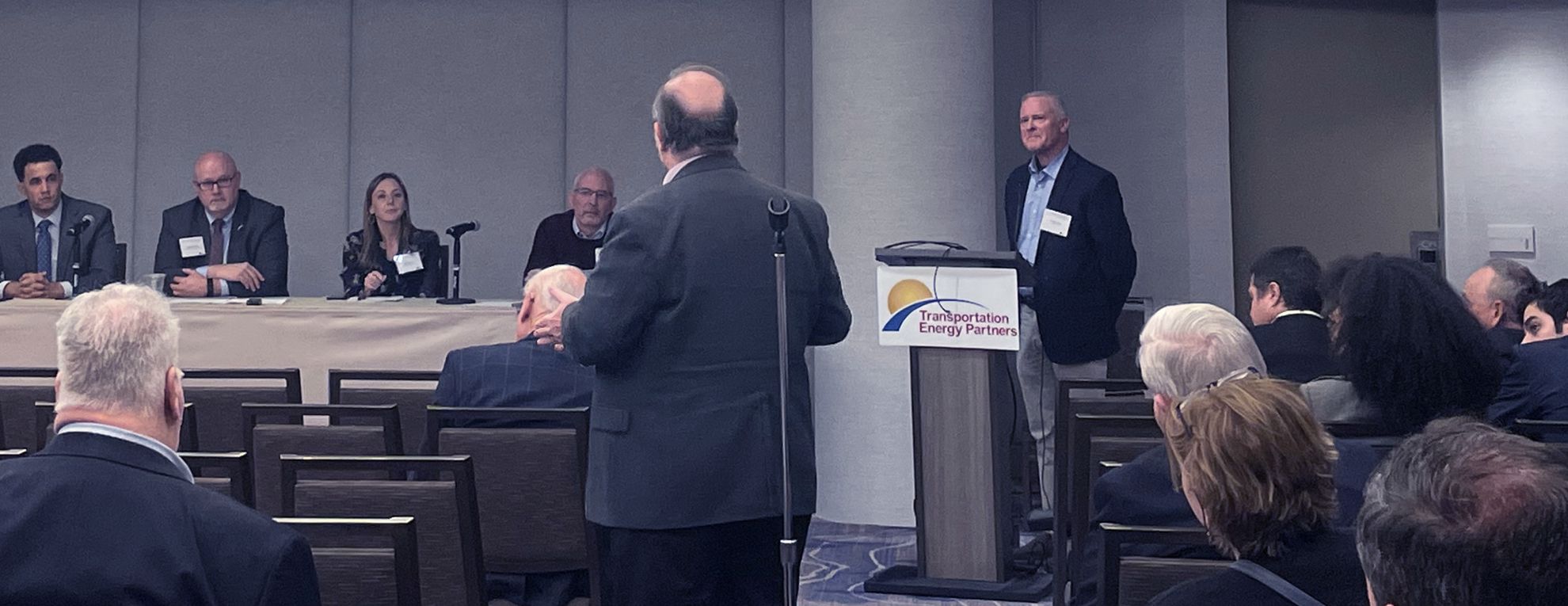The DriveClean Initiative’s panel “Driving Energy Independence with a National Clean Fuel Standard” on Monday, February 13, 2023 at the Energy Independence Summit, discussed the benefits of a national Clean Fuel Standard (CFS) to an audience mainly comprised of members of the Clean Cities Coalition Network founded by the Department of Energy 30 years ago.
We thank Transportation Energy Partners and the Clean Cities Program for the opportunity to discuss the merits of a national CFS and look forward to future engagement in meeting our mutual transportation decarbonization goals.
But First: What is the DriveClean Initiative?
The DriveClean Initiative is a diverse group of stakeholders that hail from across the political, geographical, and economic spectrum committed to a national fuels policy that creates jobs and spreads economic growth across the nation on the path to a decarbonized economy.
This initiative is facilitated by AJW with a network of entities and initiatives committed to scaling the technologies needed to achieve a path to net-zero emissions by 2050.
- agriculture
- environmental/non-governmental organizations
- non-profit clean energy organizations
- utilities
- renewable fuel producers
- technology firms
- EV charging companies
- automakers and truck bus manufacturers
- emissions controls makers
- airlines
Driving Energy Independence with a National Clean Fuel Standard
The merits of a CFS were considered by a panel moderated by Richard W. Corey, Partner at AJW. Richard served at the California Air Resources Board (CARB) for 37 years and left his post as Executive Officer in June 2022. He offered insights into his experience and the outcomes of the California Low Carbon Fuel Standard, which has offered significant benefits to the state of California in the 12 years since its adoption.
A key takeaway from Richard:
The reason that states and international delegations expressed interest in the California Low Carbon Fuel Standard and clean fuel programs “was not because of the talk or the claims. It was because of the results. The results weren’t just emission reductions…They were all about economic opportunity and environmental results and the real data behind it. [The success] didn’t come overnight. It is a broad based…coalition [that] learn from each other. Academics, scientists, engineers, the environmental community, investors. At the end of the day, targets, ambitions, and plans are important, but change actually comes from investments and the confidence that the investment community has, and the certainty and opportunity associated with [the program], and certainly the associated innovation.
BJ Johnson is the Co-Founder and CEO of ClearFlame Engine Technologies and offered his perspectives as a solution provider whose engine retrofits allow diesel engines to run on sustainable liquid fuels such as ethanol or methanol. ClearFlame engines are in a demonstration on the road and are on track to be deployed within years, not decades, to help decarbonize the heavy-duty truck and off-road engine sectors.
A key takeaway from BJ:
“When thinking about any fuel’s decarbonization potential, you shouldn’t just look at its CI (carbon intensity). It’s CI and how much of [the fuel] you can produce. We use 60 billion gallons of diesel fuel in this country. We’re not close, [even with] all of the alternatives together, to actually displacing that. And so that’s just an important part of the conversation. It’s why we need a technology-neutral [policy].”
Troy Bredenkamp is the Senior VP, Government & Public Affairs, Renewable Fuels Association, the leading trade association for America’s ethanol industry, working to drive expanded demand for American-made renewable fuels and bio-products worldwide. He offered insights into the evolution of ethanol, noting the increasing reduction of carbon intensity of the fuel, driven by smart production practices and investments by producers over the years, with additional reductions to come with wider deployment of carbon capture.
A key takeaway from Troy:
“Our members, in 2021, committed to a 70% CI reduction by 2030 and net-zero by 2050 or sooner. So, there are a lot of roles we see that a good clean fuels program could play. We certainly want to see it be a market-based approach. We want to see it be verifiable… It has to be a policy that is transparent and uses good science-based lifecycle analysis. We need to be able to compare apples to apples across all technologies, all fuel sources, and all platforms. …We think the sky’s the limit under a good clean fuel program.”
John Thornton is the President of CleanFuture, Inc. which provides full-service low-carbon consulting to its clients including fleet efficiency; low carbon fuels; vehicles, vehicle technologies, and monetization strategies. CleanFuture manages and monetizes environmental attributes to create value for renewable fuel projects. John has worked closely with state LCFS programs in California, Oregon, and now Washington, whose program launched earlier this year.
A key takeaway from John:
“[A CFS] is a multi-fuel, multi-technology approach. It is something that works well and we’ve seen success in California and Oregon, and [know it will be] coming to Washington. [A CFS] does move the needle on carbon intensity, so it is an effective program. And we’d certainly like to see it happen at the national level.”
Joy Gardner serves as the Executive Director for the non-profit Empire Clean Cities Coalition, part of a national network of nearly 100 coalitions dedicated to advancing the nation’s economic, environmental, and energy security by reducing petroleum consumption in the transportation sector. They are committed to providing citizens and stakeholders with access to reliable information about alternative fuels and advanced vehicle technologies. As a community leader, Joy stressed the need for broad coalition building as early as possible when considering a national CFS, and the importance of that stakeholder input.
A key takeaway from Joy:
“Speaking to my fellow Clean Cities directors for those of us in states that haven’t passed a low carbon fuel standard or even for those who have and are thinking about a national standard, I think this definitely would benefit the work that we do [for the Clean Cities Program]. I think we can collectively work together to figure out ways to advocate for a state and national LCFS… I think that’s a really great opportunity, but [one] that I don’t think we talk about enough.”
Panelists’ statements have been lightly edited for clarity and flow.


